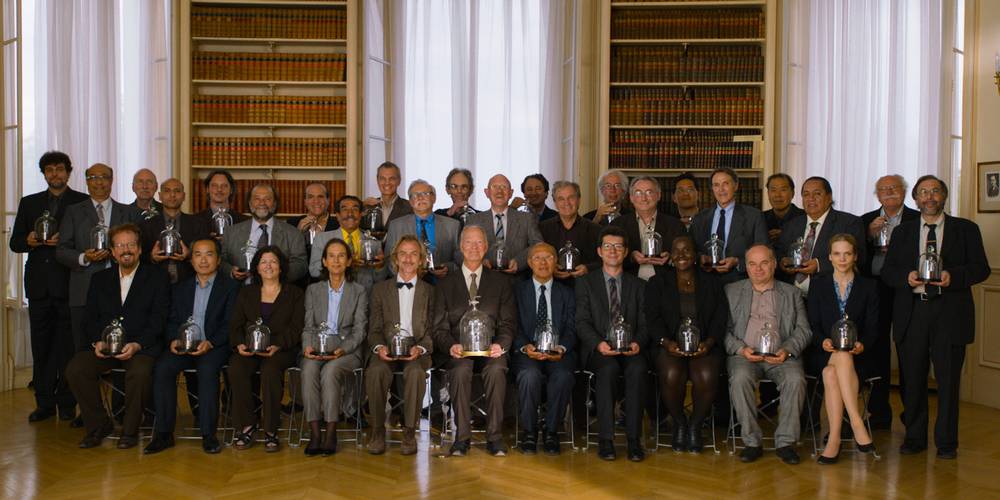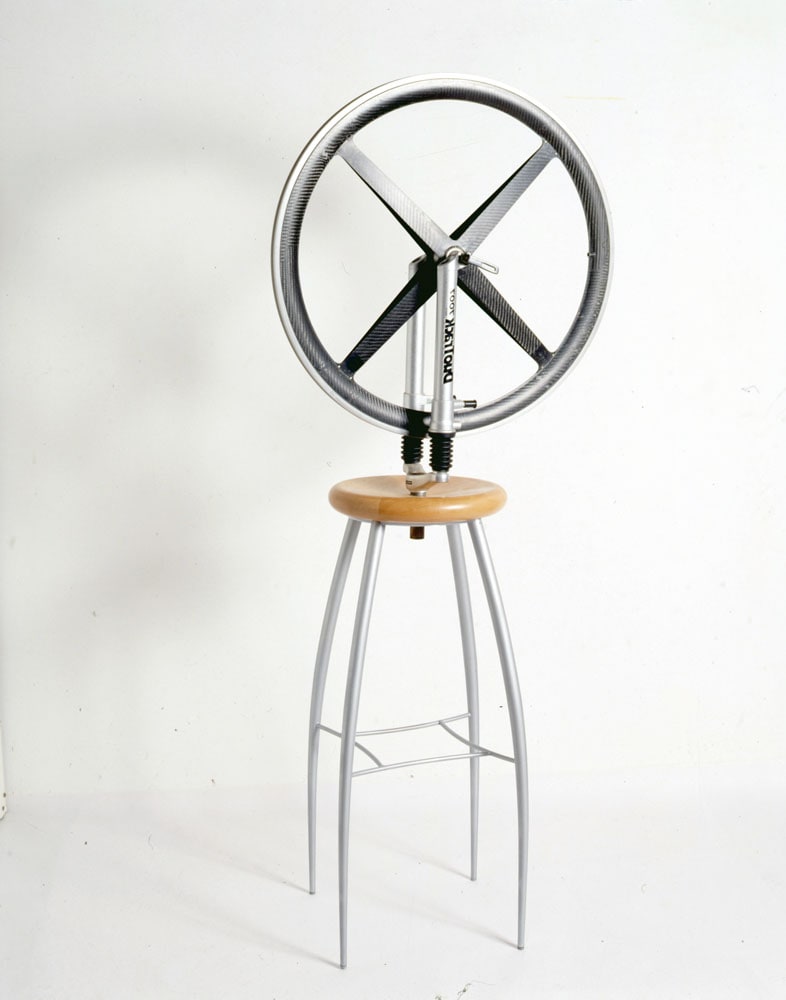Ibiye Camp, 2020
5’58”
Behind Shirley deconstructs and rethinks the colonial narratives in the development of facial recognition systems, exploring how darker skin was not taken into account in film chemistry and is now ignored in facial-recognition software.
In photography, ‘Shirley cards’ were used as a standardised reference for colour-balancing skin tones. These cards generally showed a single Caucasian woman dressed in bright clothes, and coloured square blocks of blue, green and red. The chemicals distorted tones of red, yellow and brown, which led to faults when photographing darker skin. Film was not improved until furniture and chocolate makers began complaining that it was unable to capture the difference in wood grains and chocolate types. The default towards lighter skin in technology is still present today, with facial recognition occasionally not registering people of colour.
The algorithmic bias that exists in digital-imaging technology is due to human biases. When trying to make artificial intelligence, we inevitably recreate human intelligence. AI finds patterns from within pools of data, reflecting our own behaviour and often exacerbating its negative aspects. Empathy has a growing importance in artificial intelligence, datasets and algorithms, fields whose inherent perspectives require further interrogation.

In a bid to review the International System of Units (SI), the International Bureau of Weights and Measures gathered at the 26th General Conference on Weights and Measures on November 16, 2018. Sixty member states have voted for changing four out of seven basic units of measurement. The kilogram is among the modified. Before describing the key points, let us have a closer look into the kilogram and its history.

In 1998 Ben Jakober and Yannick Vu collaborated on an obvious remake of Marcel Duchamp’s Roue de Bicyclette, his first “readymade” object. Duchamp combined a bicycle wheel, a fork and a stool to create a machine which served no purpose, subverting accepted norms of art.
Tuesday - Saturday 10:00 - 19:00
Friday 10:00 - 22:00
Sunday 12:00 - 18:00
The museum is closed on Mondays.
On Wednesdays, the students can
visit the museum free of admission.
Full ticket: 300 TL
Discounted: 150 TL
Groups: 200 TL (minimum 10 people)